How our partnership with Research4Life is impacting research in LMICs
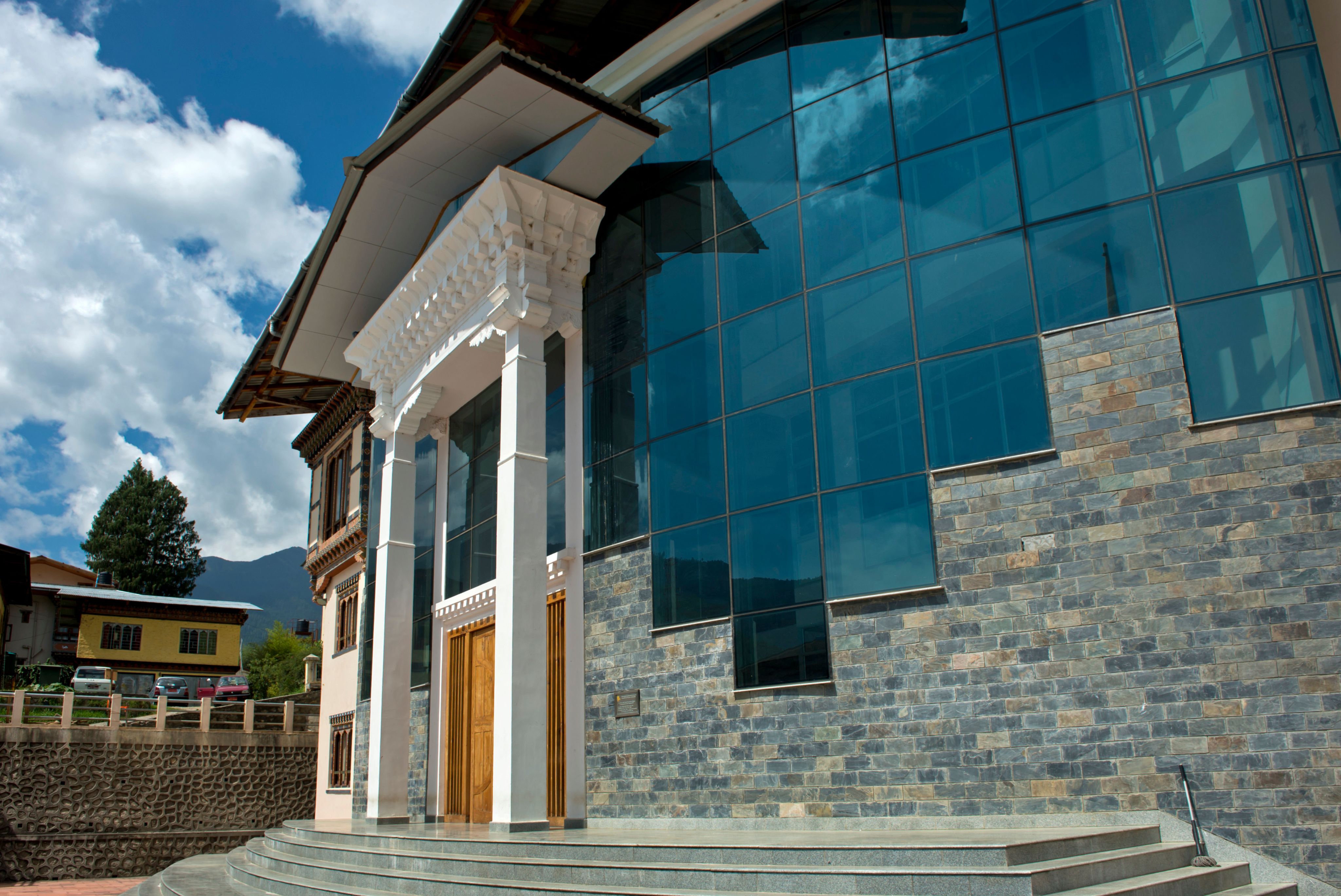
By Leah Kinthaert, January 2025
Low- and middle-income countries (LMICs) are home to 85% of the world's population but produce just 0.2% of researchers.
Increasing these numbers is crucial, as Dr. Janet Remmington explains: "Research cultures of sameness cannot penetrate the intractable problems of our age."
Taylor & Francis is committed to development initiatives that support librarians, authors, and researchers in the Global South.
Our mission is to support, validate, and connect the work of researchers and other knowledge makers so that it can make the fullest possible contribution. Research4Life's mission is: "to build an inclusive, diverse, and equitable scholarly communications environment by delivering free or low-cost online access to academic and professional peer-reviewed content, user-focused training, and relevant resources to researchers in lower-income countries."
Our Research and Analytics Manager Tiffany Drake, with Sustainability Manager Catherine Hodgson, used Digital Science’s Dimensions platform to pull data that brings to light tangible results from our work with Research4Life.
Drake found 4,500 articles, published by researchers from Research4Life countries, and affiliated with an Education institute, that cited at least one pay-to-read Taylor & Francis article from a journal to which Taylor & Francis provides R4L access. These articles were also not available in a repository according to Dimensions data, indicating that access to read and cite these articles would not have been possible without R4L provision.
Diving deeper, 1,578 of these articles received "Altmetric attention." These include 52 that are cited in policy documents. This indicates that these articles impact policymaking or are influential enough to be referenced in formal policy discussions.
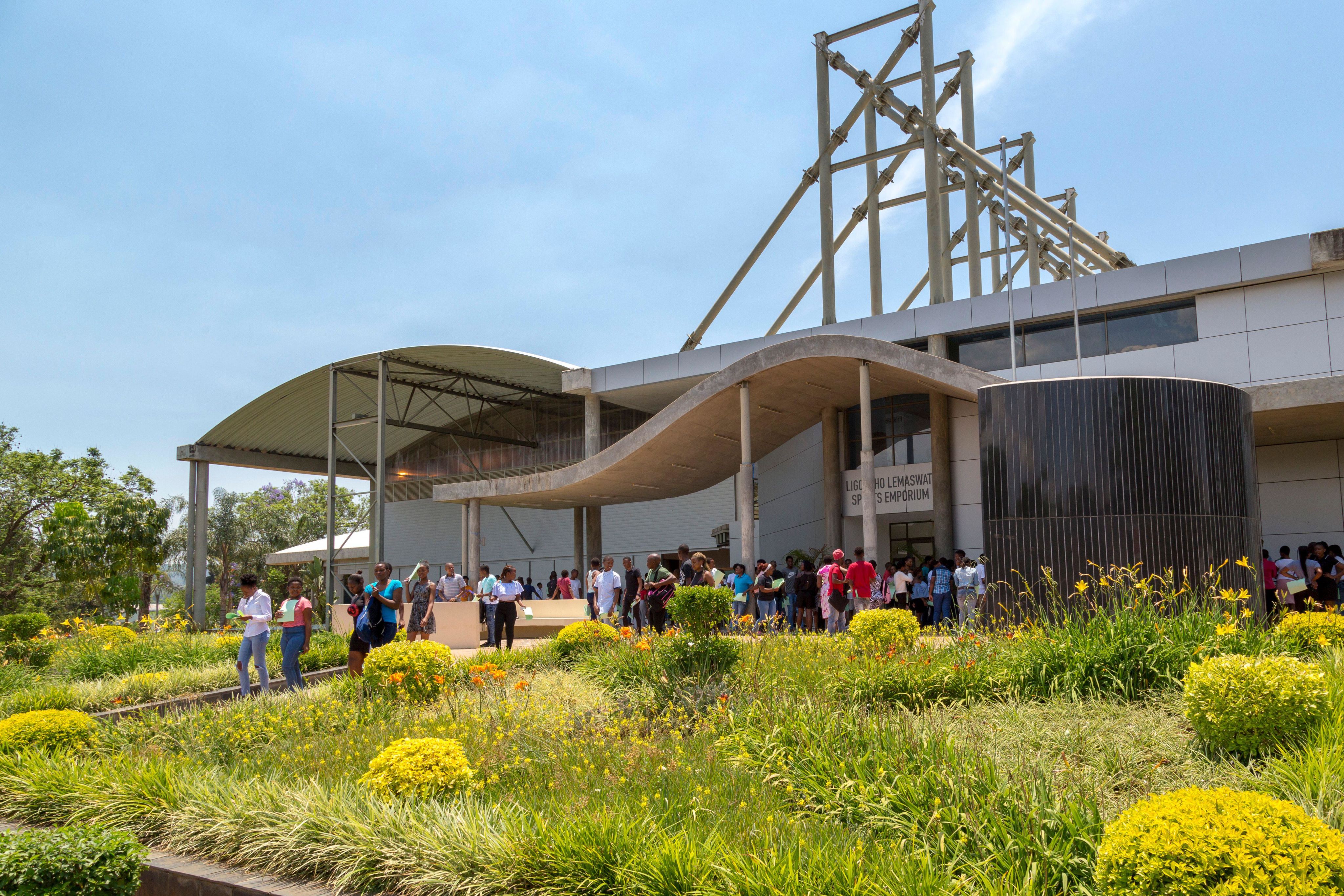
Over 4,500 research papers enabled in 4 years
Local, not-for-profit institutions from two lists of countries, areas, and territories (Group A and Group B) are eligible to join Research4Life based on five factors:
- Total GNI (World Bank figures)
- GNI per capita (World Bank figures)
- United Nations Least Developed Countries (LDC) List
- Human Development Index (HDI)
- Healthy Life Expectancy (HALE) – World Health Organization Figures
For this study, we pulled all documents with a corresponding author from a Research4Life Group A country, published 2020 onwards, from an Education institute, that cited a Taylor & Francis pay-to-read article in a journal to which we provide Research4Life access, and has been published any time. While we cannot say for certain that Research4Life facilitated access to the content that went on to be cited, we have seen in another study by WIPO discussed later in this blog that there is a strong correlation between enabling Research4Life access and an increase in publishing.
Here is a breakdown of where these researchers were based, in alphabetical order by country:
|
Country |
Researchers |
|---|---|
|
Afghanistan |
162 |
|
Benin |
485 |
|
Bhutan |
37 |
|
Burkina Faso |
275 |
|
Burundi |
17 |
|
Cabo Verde |
5 |
|
Cameroon |
1975 |
|
Central African Republic |
18 |
|
Chad |
13 |
|
Democratic Republic of the Congo |
231 |
|
Djibouti |
8 |
|
Eritrea |
5 |
|
Gambia |
58 |
|
Guinea |
26 |
|
Haiti |
21 |
|
Liberia |
26 |
|
Madagascar |
47 |
|
Malawi |
267 |
|
Mali |
47 |
|
Mauritania |
21 |
|
Niger |
24 |
|
Republic of the Congo |
56 |
|
Sierra Leone |
45 |
|
Somalia |
81 |
|
South Sudan |
8 |
|
Tajikistan |
27 |
|
Timor Leste |
2 |
|
Togo |
197 |
|
Yemen |
412 |
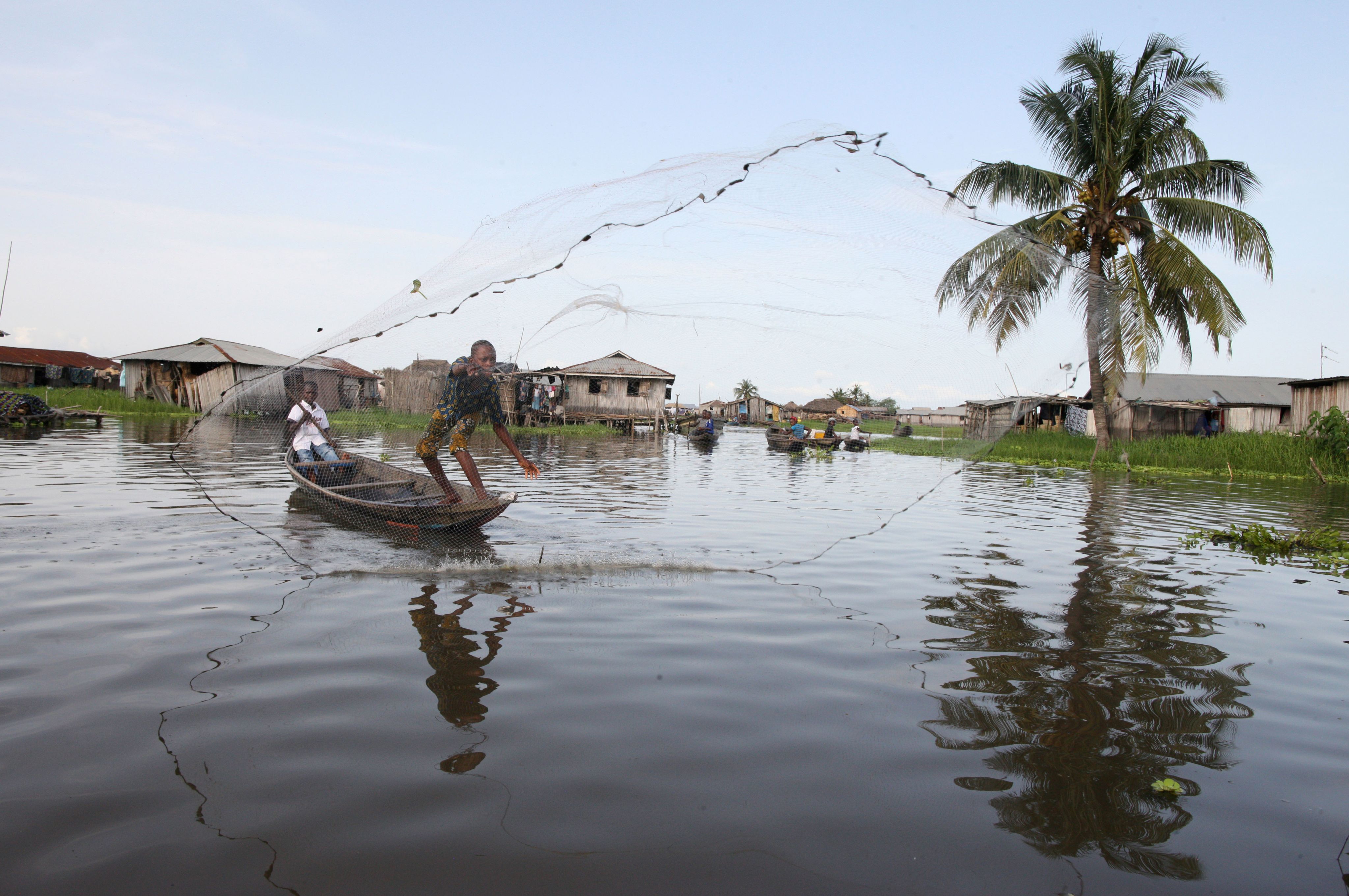
Empowering research to attain Sustainable Development Goals (SDGs)
In its new Impact Report, Research4Life says:
"We are contributing to the UN Decade of Action for accelerating the Sustainable Development Goals [SDGs] by increasing research participation from LMICs. We know that equity in research is crucial to solving global challenges. Evidence-based policymaking must be developed from research that is both tailored to specific context and has an understanding of local issues."
Like Research4Life, we aim to contribute to the achievement of the U.N. SDGs.
SDG 2 is "End hunger, achieve food security and improved nutrition, and promote sustainable agriculture," SDG 6 is "Clean water and sanitation," and SDG 13 is "Climate action."
Almost a fourth of the journals our research impacted were focused on topics related to agriculture and food, water, or the environment and sustainability as it relates to those topics.
SDG 3 is: "Ensure healthy lives and promote well-being for all at all ages." Almost a fourth of the journals where our research was utilized were medicine or health care-related.
We are pleased to have contributed to the inclusion of researchers, librarians, and authors in resource-constrained parts of the world to improve the equity of researchers, as well as the quality and – perhaps even more importantly – relevance of that research.
Evidence suggests that "groups of researchers with greater diversity in terms of gender, race, ethnicity, geographic location, and socioeconomic standing may 'ask a broader range of questions, utilize more varied methods and tackle problems from a wider range of perspectives.'"
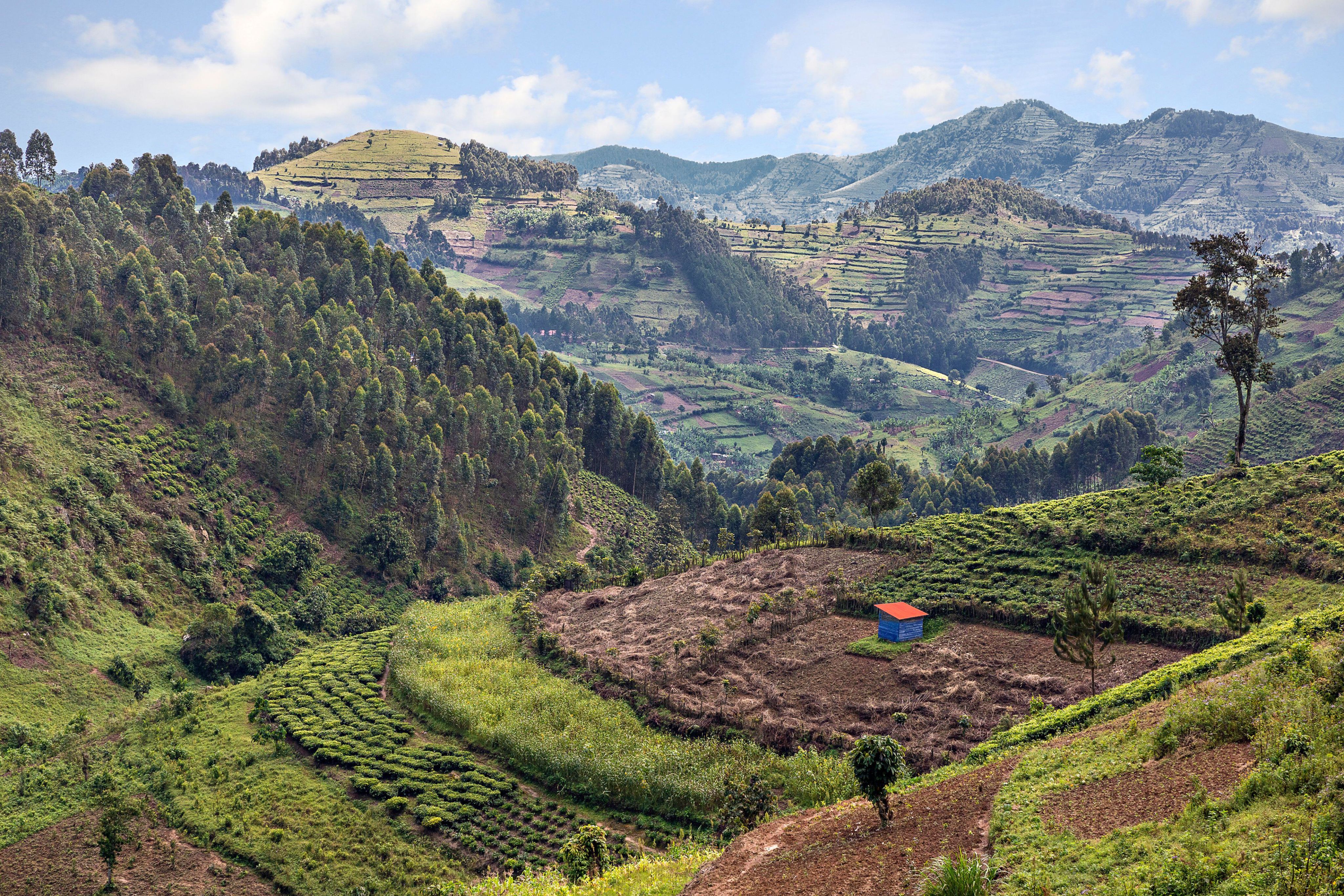
Access to Research4Life improves output by up to 75%
Recent data from a World Intellectual Property Organization study showed that access to research through Research4Life boosts research output by up to 75% in LMICs.
Other significant data indicates that institutions that have rarely published scientific works show a 40% increase in published papers. Research institutions that have previously published academic papers see an average 60–70% increase in their publications after joining Research4Life.
The authors of the study, Alexander Cuntz, Frank Mueller-Langer, Alessio Muscarnera, Prince C. Oguguo, and Marc Scheufen, also saw direct societal impact in the form of an uplift in clinical trials. Involvement in international clinical trials by institutions that joined Research4Life grew by over 20%, suggesting that research and innovation in local institutions improved.
Read the WIPO study here, and the Research4Life Impact Report here.
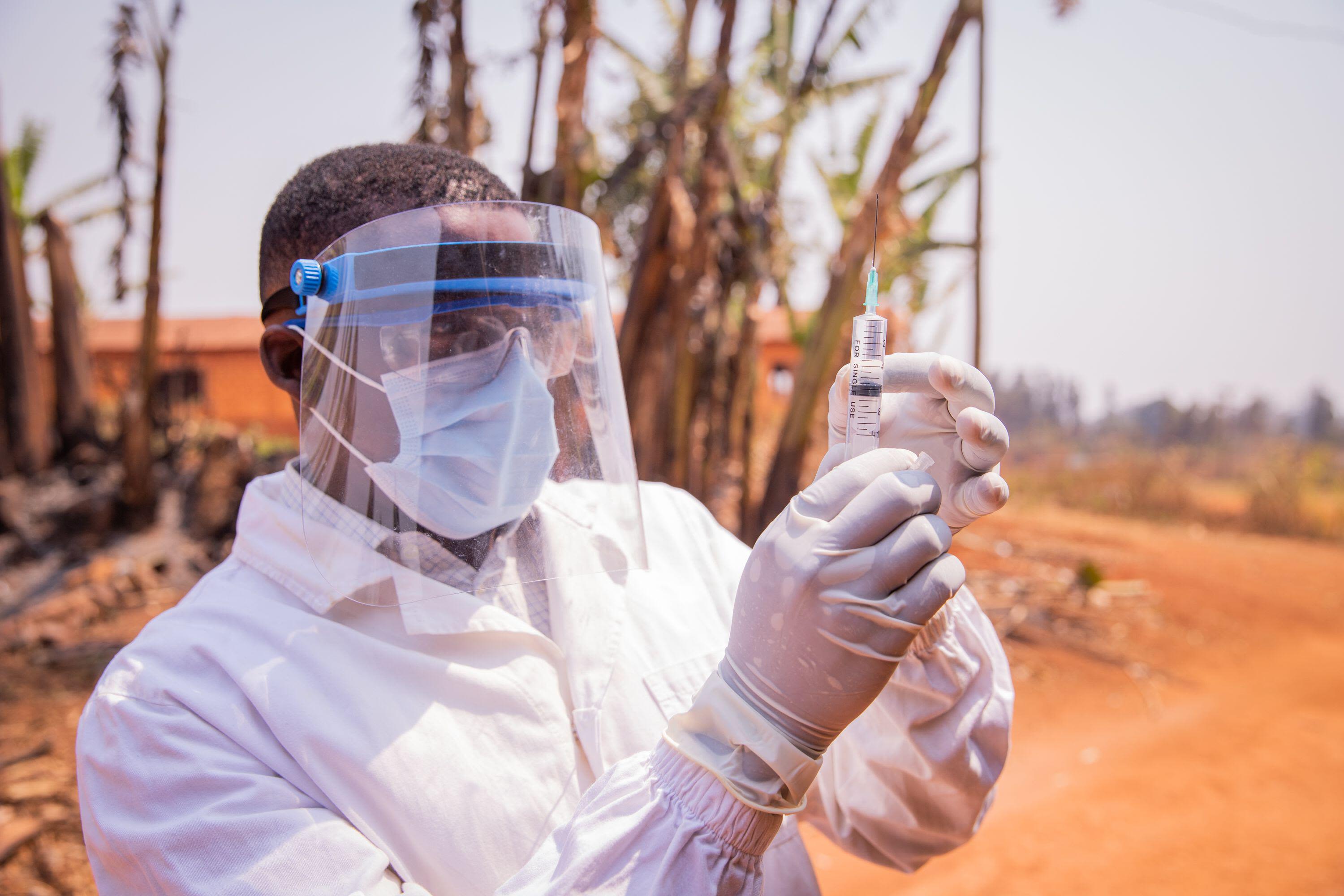
Supporting researchers in Africa
In "The impact of open access (OA) research from Africa : How African researchers are influencing policy" we explain: "African researchers were involved in just 3% of global research outputs in 2022 and 2023. One of the reasons for this is a lack of funding, especially for research that addresses issues that are more likely to affect Africa, such as climate change."
We are proud to say that, of the over 4,500 journal articles found by the team, over 3,500 of the researchers were from Africa. At Taylor & Francis, we are committed to facilitating research access in Africa and supporting the growth of African authorship. Visit our microsite that showcases the incredible work being done by African researchers, and provides tools to amplify African voices on the global stage. The microsite also includes upcoming events, training opportunities, and information about our partnerships.
In addition to our work with Research4Life this year, we recently signed our first-ever transformative agreement in sub-Saharan Africa with the South African National Library and Information Consortium (SANLiC), enabling researchers in South Africa, Botswana, and Namibia to publish OA articles in over 2,100 journals. This agreement also includes a local co-publishing program and an Editorial-led training program.
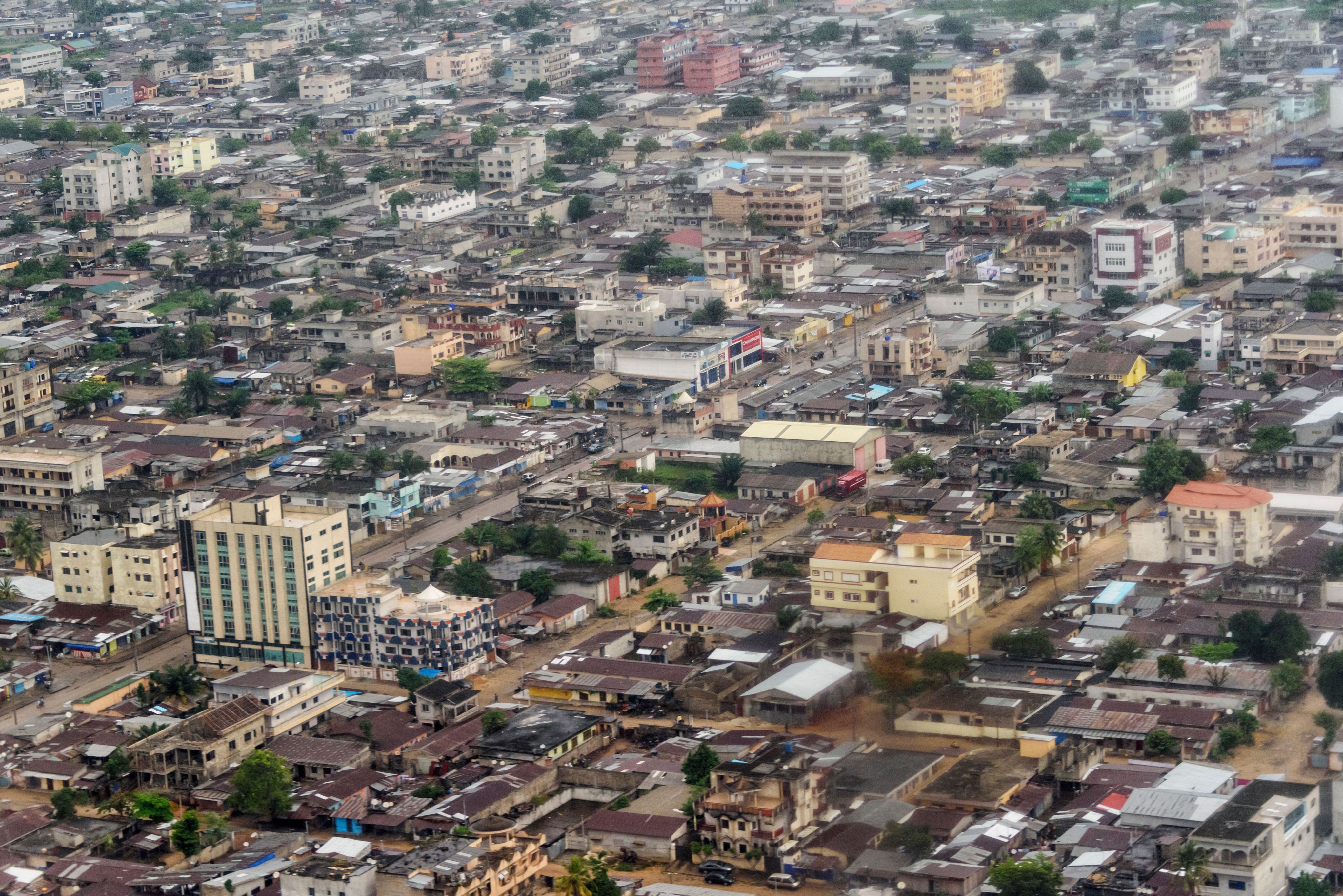
You might also like:
Insights and blogs
- Access to science and innovation in the developing world (WIPO 2024)
- Research4Life Impact Report
- Diversity in academic publishing: how can we repair the "leaky pipeline"?
- Diversity in peer review
- Sustainable Development Goals Online from Taylor & Francis
- Five open access research papers influencing policy right now
- Impacting policy with evidence-based research: 5 open access STEM papers
- The impact of open access (OA) research from Africa
Social justice and sustainability
Find out about commitments we've made and initiatives we support related to social justice and sustainability:
 China
China Africa
Africa
